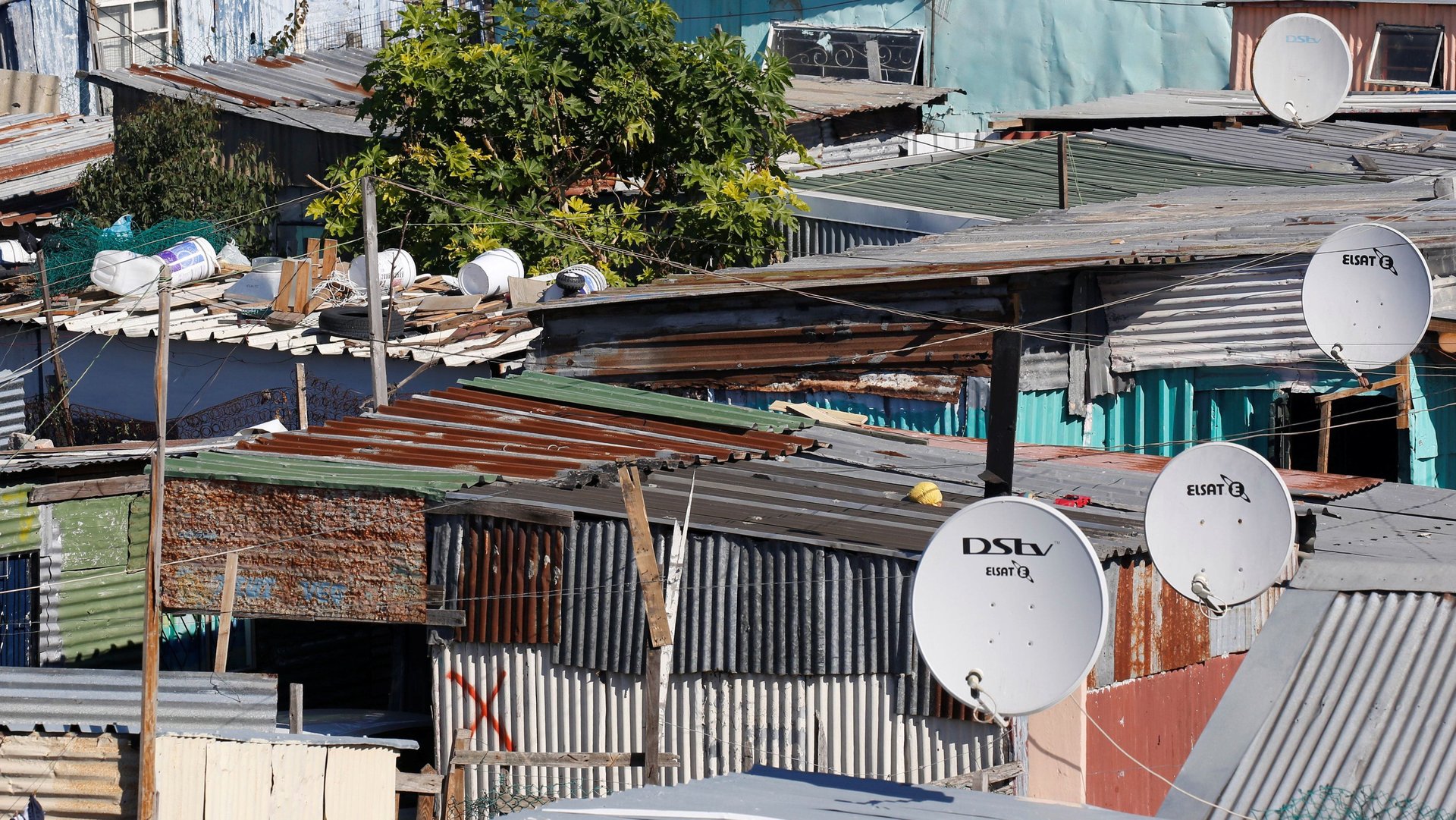A century-old South African newspaper company is one of the world’s most savvy tech investors
For years, media execs have fretted about the fate of their industry, as the internet has eaten into their print and broadcast TV business models. The phenomenon, as then NBC boss Jeff Zucker (now head of CNN) once described it, is like “trading analog dollars for digital cents.”


For years, media execs have fretted about the fate of their industry, as the internet has eaten into their print and broadcast TV business models. The phenomenon, as then NBC boss Jeff Zucker (now head of CNN) once described it, is like “trading analog dollars for digital cents.”
But far away from the self-absorbed center of the media universe in Manhattan, a Cape Town-based media group with a 102-year history has been been making more cash from the internet than it could have ever imagined from print ads or newspaper subscriptions.
Naspers, which publishes papers including City Press, Rapport, and Daily Sun, as well as owning satellite TV properties, is Africa’s largest and most valuable company these days thanks to some very savvy digital investments. The standout deal is its 2001 $32 million bet on China-based digital conglomerate, Tencent. That stake today is worth $150 billion. Last month, it sold a small amount of its shares for a whopping $10 billion.
While few deals come close to that one in terms of returns, it wasn’t a fluke.
This week, Naspers quietly made a cool $1.6 billion from the sale of its 11% stake in Indian e-commerce company Flipkart. This came after Walmart bought a 77% stake in Flipkart for $16 billion. Naspers first took a stake in Flipkart in 2012 and has invested a total of $616 million in it since then.
The financial success of Naspers’ investments has created an interesting dilemma for its board. The company’s investment portfolio—the stake in Tencent in particular—have a higher valuation than Naspers’ entire market capitalization of $108 billion. The market is effectively telling the company that its ownership of newspapers, leading pan-African cable channels, Africa’s top satellite TV distributor, and many other media assets are worth, well, less than nothing.
Chief executive Bob Van Dijk has promised to close the valuation gap, according to Bloomberg (paywall), and sales of stakes like Tencent and Flipkart might help towards that goal.
When it comes to its digital investments, Naspers has generally been successful in what you might call BRIC-type countries. But the company, which has a dark history as a media supporter of South Africa’s apartheid government, has never had much success at home in Africa. As we’ve written, it has built or acquired stakes in classified platforms, e-commerce marketplaces, and messaging apps all over Africa, but it’s yet to reap a significant return on these ventures. In fact, it’s been the reverse, considering the February closure of the Lagos and Nairobi offices of OLX, an Indian online marketplace it owns.